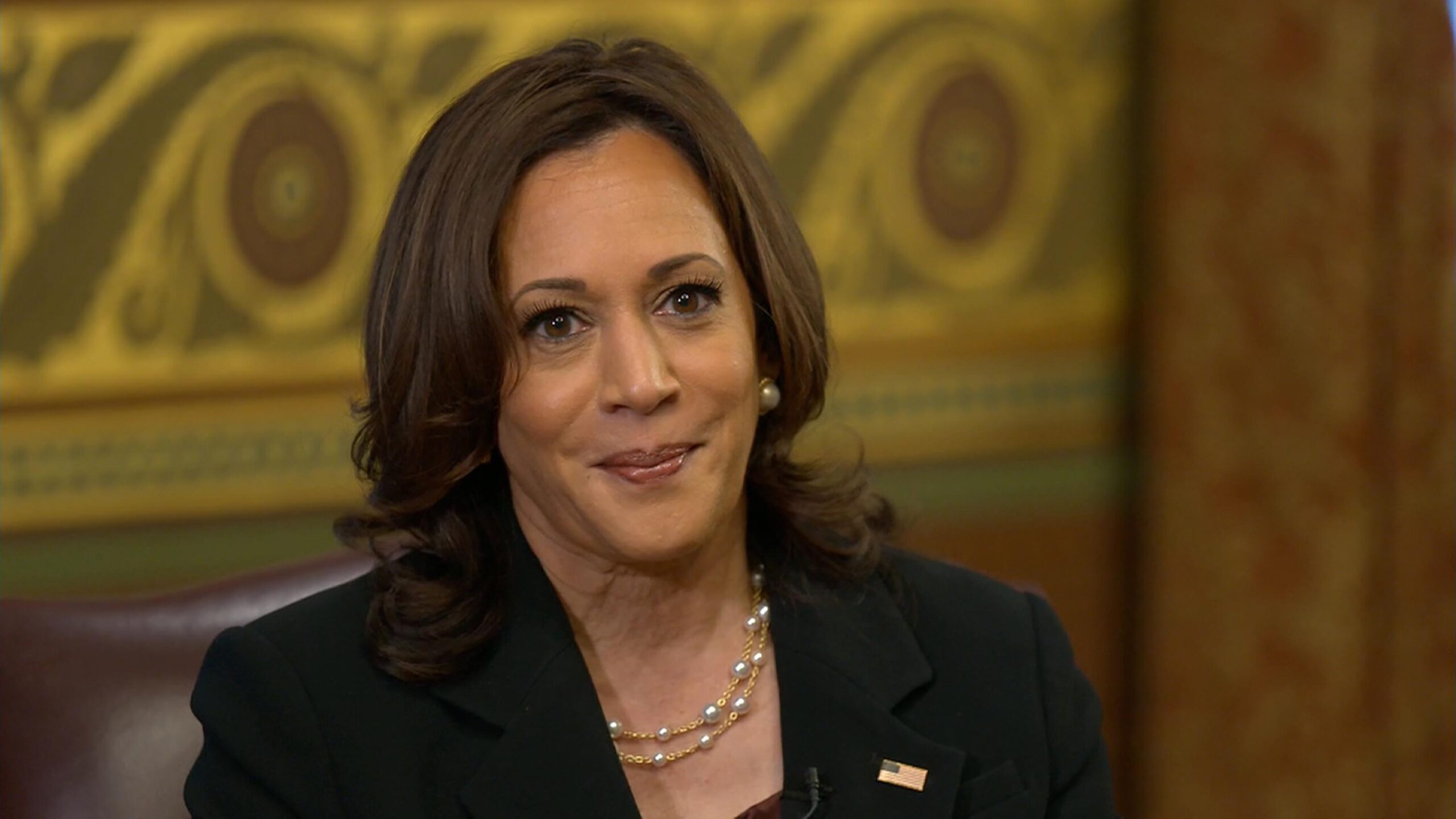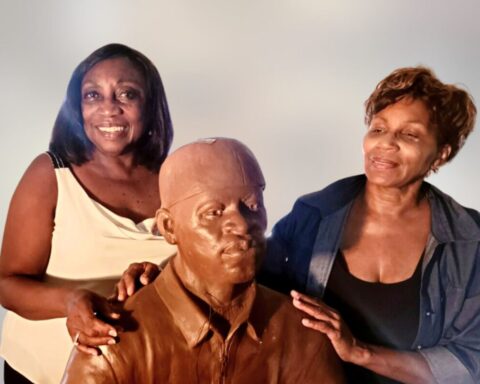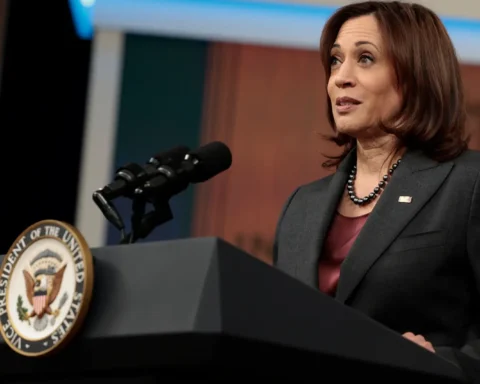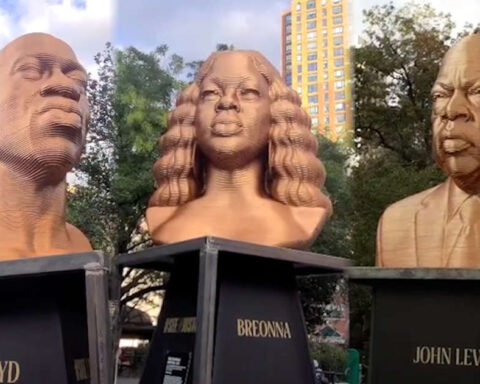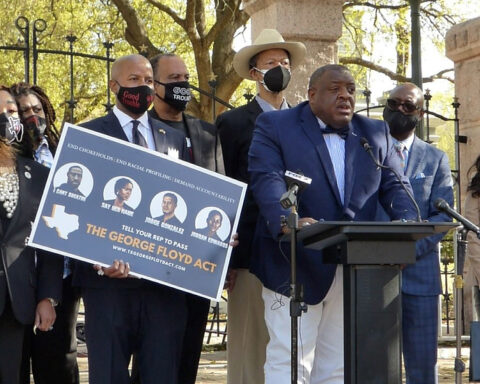Harris says verdict in Chauvin trial ‘will not heal the pain that existed for generations’
Vice President Kamala Harris said Tuesday the country is hungry for justice following the death of George Floyd, but acknowledged even a verdict finding former Minneapolis police officer Derek Chauvin guilty of Floyd’s murder would not erase generations of trauma caused by systemic racism.
“I think there needs to be a consequence and accountability for people who break the law. Period,” Harris told CNN’s Dana Bash in an exclusive interview from the White House, her first solo sit-down interview with CNN since taking office.
Harris was speaking just before a sequestered jury in Minnesota announced it had reached a verdict in the Chauvin trial. The White House has been monitoring the situation closely and aides are weighing how President Joe Biden and Harris should address an eventual outcome.
Earlier in the day, Biden told reporters he was “praying the verdict is the right verdict” in the trial, going on to suggest there was “overwhelming” evidence in the case against Chauvin.
Harris, meanwhile, said the jury should focus only on the evidence in the case and not outside influences.
“I think that the bottom line in this case is we should not be distracted from the evidence in the case,” she said. “And it is my hope and prayer that the jury will not be distracted from the evidence in the case and will make a decision based on what the evidence presented itself to be.”
Harris sought to underscore the pain many Americans felt when watching the video of Floyd’s death. And she said even if Chauvin is found guilty, the longstanding suffering of minority communities would still linger.
“Let’s say there is a guilty verdict on the highest charge, it will not take away the pain of the Floyd family. It will not take away the pain of the communities, all communities, regardless of their color or geographic location, that felt sadness and anger in what they witnessed in that video,” she said.
“This verdict is but a piece of it,” Harris went on. “And it will not heal the pain that existed for generations, that has existed for generations among people who have experienced and first-hand witnessed what now a broader public is seeing because of smartphones and the ubiquity of our ability to videotape in real time what is happening in front of our faces. And that is the reality of it.”
White House officials have said Biden is consulting with top advisers, including Harris, about the potential fallout from the trial, asking for input on the best way to respond to various outcomes.
In the interview on Tuesday, Harris declined to go into detail about her private counsel to the President on the matter. But she said she offered a viewpoint on issues that hasn’t always been represented at the highest levels.
“It is often the case that as I will ask his opinion about things, he will ask my opinion. And through that process I think we arrive at a good place. Ultimately he is the President and he makes the final decision,” she said.
She said the history-making nature of her role — she is America’s first female, first Black and first South Asian vice president — lent her job a unique weight.
“I carry a great sense of responsibility for all of the young girls and boys of color, those who identify in some way because maybe no one expected something of them but they expect a lot of themselves, to do well and to do right and to do good,” she said. “So yes, I carry a great sense of responsibility, if not of the seriousness of the responsibility, to be in this position and to be a voice for those who have not traditionally been in the room.”

